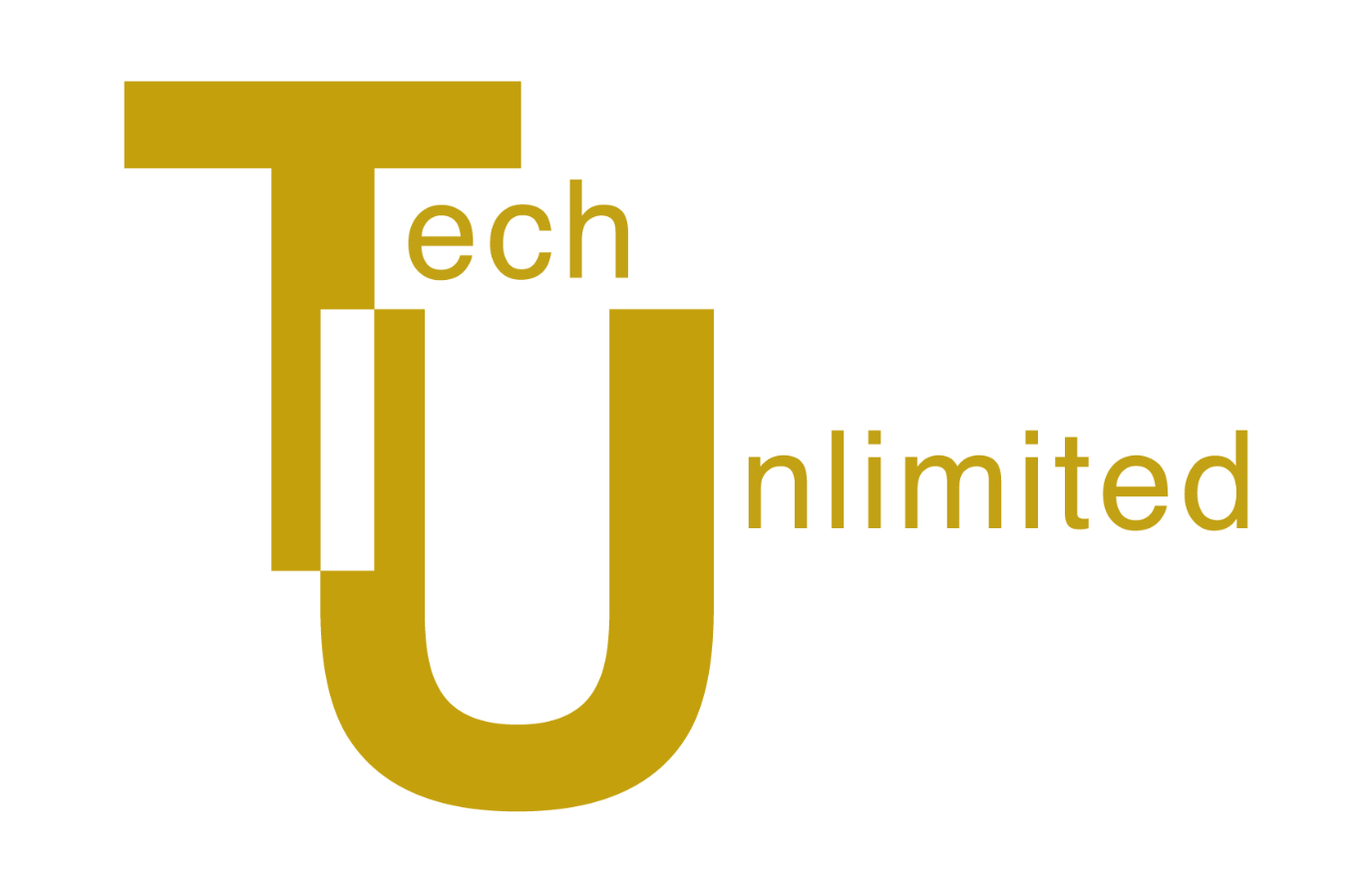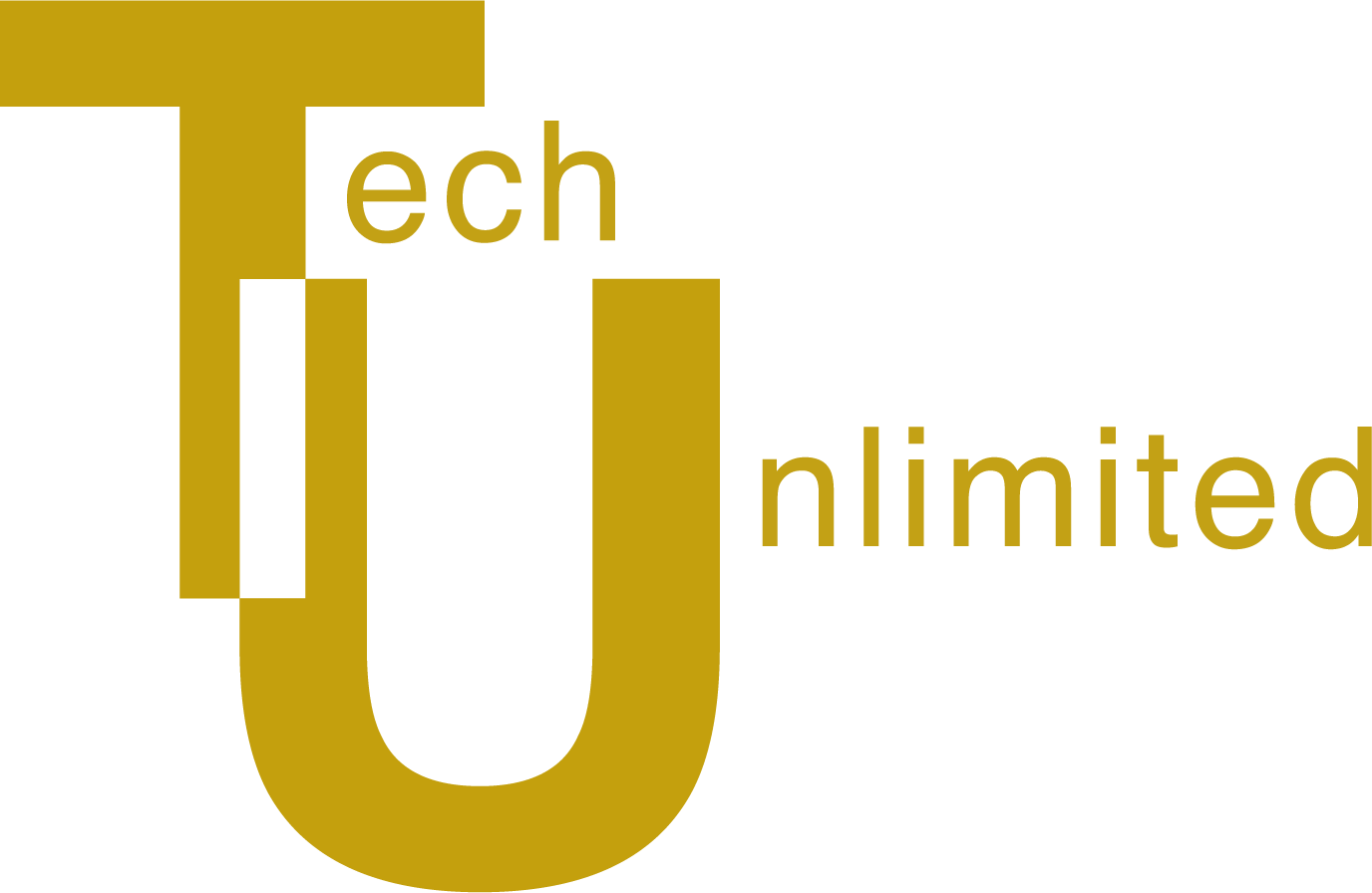TU’s website, online services, interactive applications, email messages and advertisements may use “cookies” and other technologies such as pixel tags and web beacons. These technologies help us better understand user behaviour, tell us which parts of our website people have visited, and facilitate and measure the effectiveness of advertisements and web searches. We treat information collected by cookies and other technologies as non-personal information. However, to the extent that Internet Protocol (IP) addresses or similar identifiers are considered personal information by local law, we also treat these identifiers as personal information. Similarly, to the extent that non-personal information is combined with personal information, we treat the combined information as personal information for the purposes of this Privacy Policy.
TU and its partners may use cookies and other technologies in electronic advertising services to control the number of times you see a given ad, deliver ads that relate to your interests and measure the effectiveness of ad campaigns. If you do not want to receive ads with this level of relevance, please contact us. If you opt out, you will continue to receive the same number of electronic marketing, but they may be less relevant because they will not be based on your interests. You may still see ads related to the content on a web page or in an application or based on other non-personal information. This opt-out applies only to TU advertising services and does not affect interest-based advertising from other advertising networks.
TU and our partners may also use cookies and other technologies to remember personal information when you use our website. Our goal in these cases is to make your experience with TU more convenient and personal. Knowing your contact information, product serial numbers and information about your product helps us provide you with better customer service.
As is true of most websites, we gather some information automatically and store it in log files. This information includes Internet Protocol (IP) addresses, browser type and language, Internet service provider (ISP), referring and exit pages, operating system, date/time stamp and clickstream data.
We use this information to understand and analyse trends, to administer the site, to learn about user behaviour on the site, and to gather demographic information about our user base. TU may use this information in our marketing and advertising services.
In some of our email messages, we may use a “click-through URL” linked to content on the TU website. When customers click one of these URLs, they pass through a separate web server before arriving at the destination page on our website. We track this click-through data to help us determine interest in topics and measure the effectiveness of our customer communications. If you prefer not to be tracked in this way, you should not click text or graphic links in the email messages.
Pixel tags enable us to send email messages in a format customers can read, and they tell us whether mail has been opened. We may use this information to reduce or eliminate messages sent to customers.




